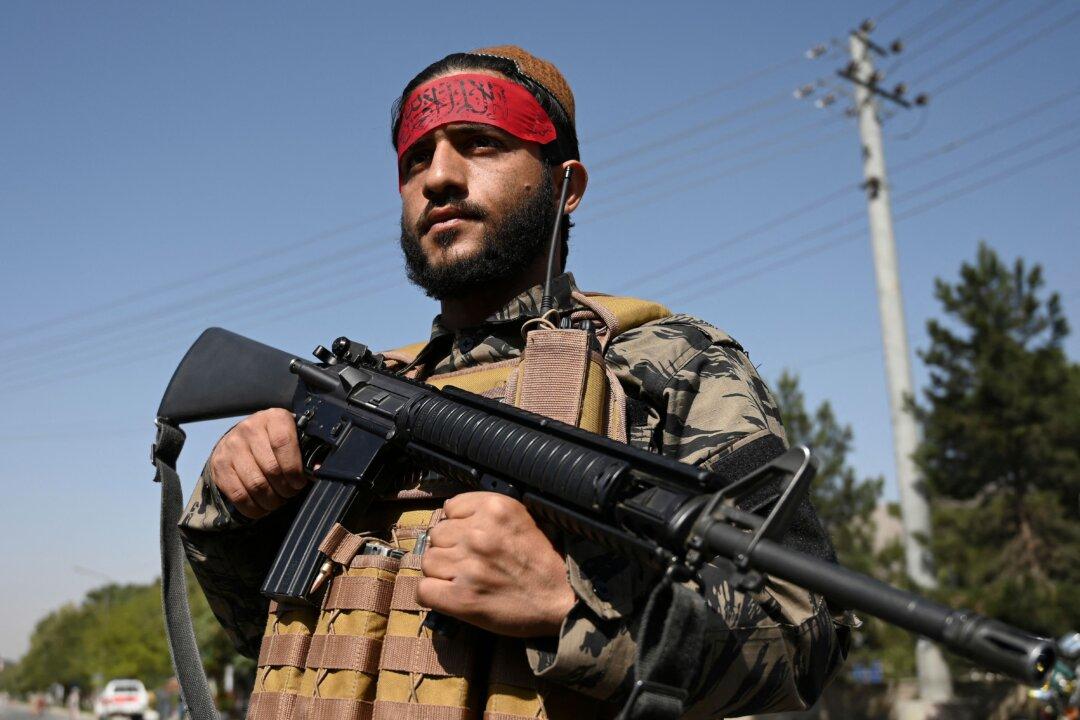Afghanistan’s Foreign Ministry on Sept. 8 condemned the Taliban’s “so-called cabinet” announcement, after it unveiled its new all-male interim government on Tuesday.
A statement issued by the Afghan embassy in Geneva on Twitter said that “the Islamic Republic of Afghanistan, which emanates from the free will of the people and epitomizes the vision and aspirations of millions of citizens who made the ultimate sacrifice for the cause of sovereignty, democracy, freedom and independence of their country, condemns the announcement by the Taliban.”




